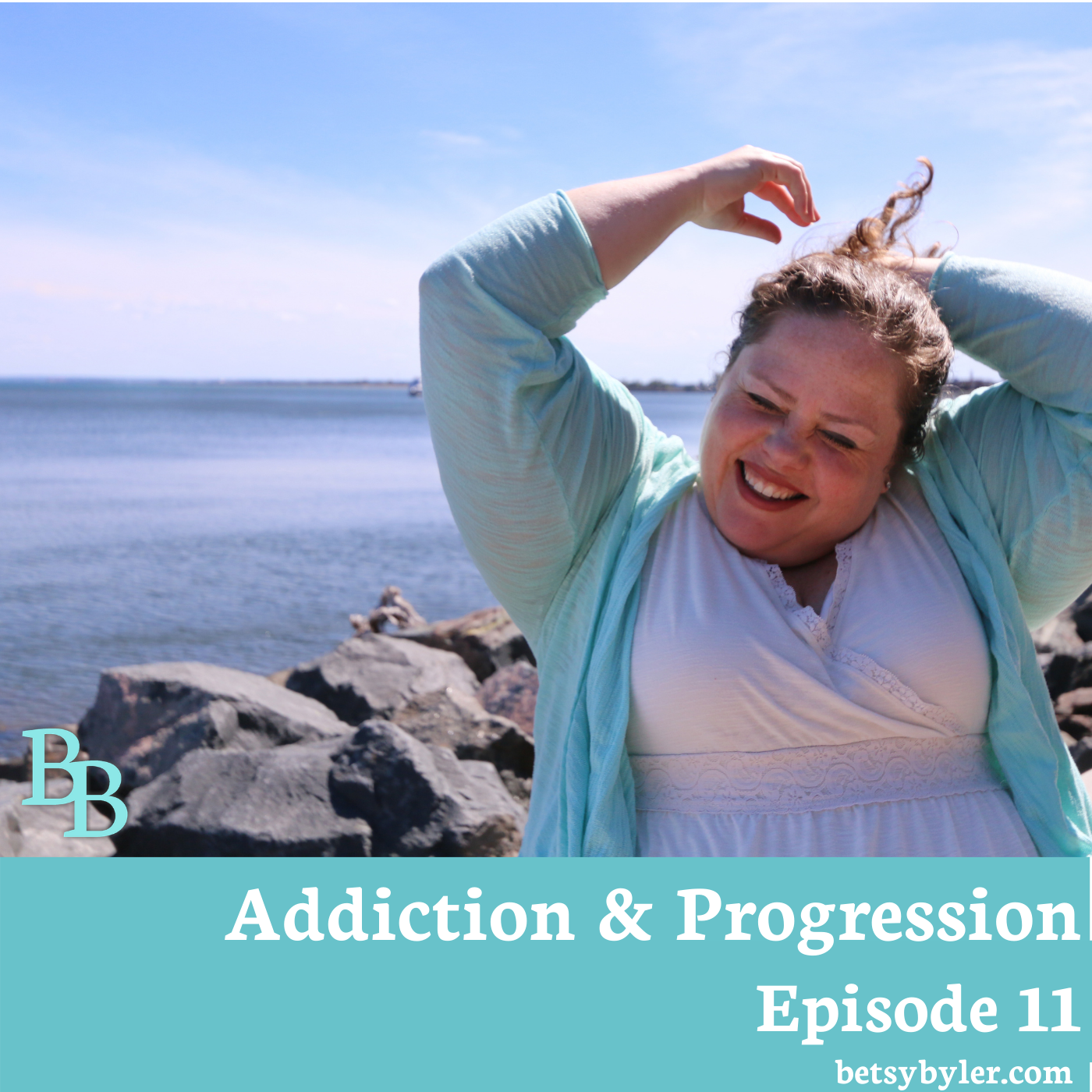Why is Progression the Key to Addiction?
- Author
- Betsy Byler
- Published
- Mon 30 Nov 2020
- Episode Link
- https://betsybyler.libsyn.com/all-things-substance-episode-11-addiction-and-progression
- What does progression mean when talking about addiction?
- How does progression relate to the DSM criteria?
- What addiction criteria shows up most often?
Progression is the key to addiction. It’s not about choice or willpower. It’s a biologically based occurrence that is a guarantee in addiction. Progression moves people along the stages of use into addiction, unless they are able to stop using before things move too far.
In this Podcast:
- Progression is the key factor in developing an addiction
- Progression happens because of the changes in the brain that we covered in episode 7
- For some people the consequences they face because of substance abuse is enough to stop them and progression can be halted
- People don’t tend to call for their substance use issues. Instead they tend to start with mental health and may or may not bring up their use to their therapist.
- The DSM criteria use the designation of mild, moderate and severe to categorize use disorders
- Tolerance is the most common criteria people present with
- Cravings tend to be one of the harder criteria for people to meet
- Withdrawal is almost always related to a severe use disorder, except where the substance is marijauna. Then withdrawal could appear in a moderate use disorder.
- Our goals change depending on what the client wants to work on and where they are in the progression of their use.
